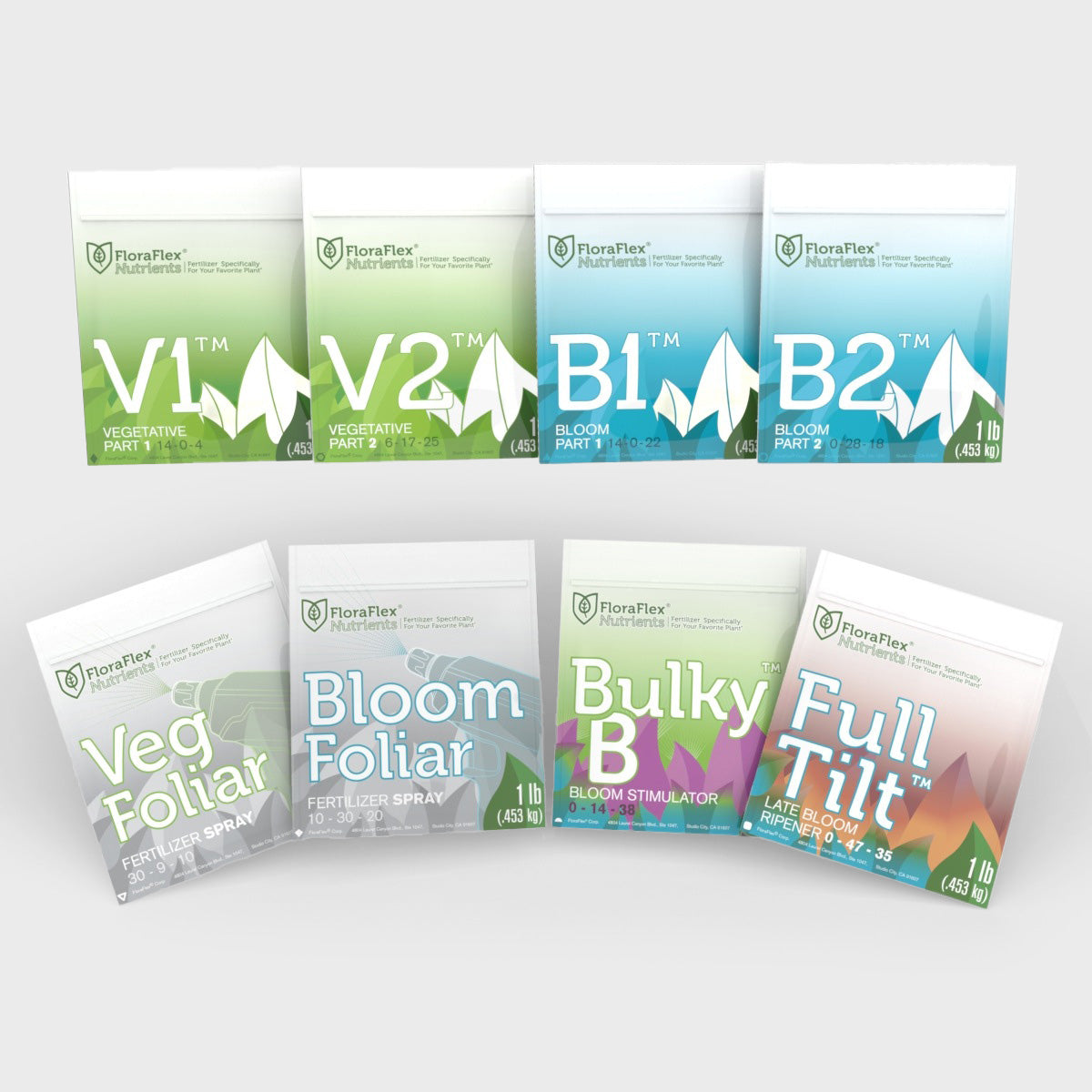1. Detection
-
Visual Inspection: Regularly inspect the root zone of your cannabis plants for signs of root aphids. Look for small, white or brown insects crawling on the roots or soil.
-
Stunted Growth: Monitor the growth and development of your plants. If you notice slowed growth, wilting, or yellowing leaves, it could be an indication of root aphid infestation.
-
Root Damage: Carefully examine the roots for the presence of honeydew (sticky substance secreted by aphids) or small white skins/shells, which are shed by the aphids as they grow.
2. Control
-
Biological Control: Introduce beneficial insects like predatory nematodes or predatory mites to the soil to feed on and control root aphids. These natural predators can help suppress aphid populations.
-
Organic Sprays: Apply insecticidal soaps or neem oil to the soil to control root aphids. These organic treatments can suffocate and kill the aphids without harming the plants.
-
Systemic Insecticides: Consider using systemic insecticides labeled for root aphid control. These products are absorbed by the plant's roots and provide long-lasting protection against aphids.
3. Prevention
-
Quarantine New Plants: Isolate new plants for a period of time to monitor them for any signs of root aphids or other pests before introducing them to your cannabis garden.
-
Plant Health: Maintain overall plant health through proper nutrition, watering, and environmental conditions. Healthy plants are better able to resist and recover from aphid infestations.
-
Good Drainage: Ensure proper drainage in your growing medium to prevent excessive moisture, which can create favorable conditions for root aphids.
-
Crop Rotation: Rotate your cannabis plants with unrelated crops each season to disrupt the life cycle of root aphids and reduce the risk of reinfestation.
4. Cultural Practices
-
Clean Growing Environment: Maintain a clean growing environment by removing fallen leaves, debris, and any decaying organic matter that can harbor root aphids.
-
Avoid Overwatering: Overwatering can lead to excessive moisture in the root zone, creating an ideal environment for root aphids. Water your plants appropriately, allowing the soil to dry out between watering.
By implementing these detection, control, and prevention measures, you can effectively manage root aphids in your cannabis garden and protect the health and vigor of your plants.








